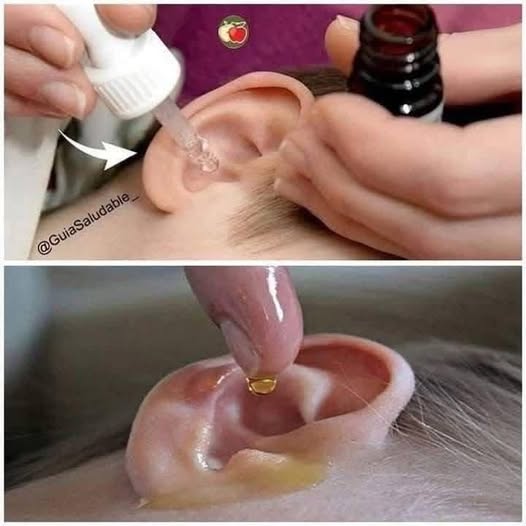Hearing loss can feel isolating and frustrating, especially when traditional treatments don’t fully address the problem. Many people are turning to natural remedies like essential oils for support. While essential oils won’t cure hearing loss, they may help improve ear health, reduce inflammation, or ease symptoms linked to minor issues like earwax buildup or infections. If you’re curious about a natural way to support your ears, this article explores how certain oils might help—and what you need to know before trying them.
How Essential Oils May Support Ear Health
Essential oils are concentrated plant extracts known for their therapeutic properties. Some oils have anti-inflammatory, antimicrobial, or circulation-boosting effects, which could indirectly support ear health. For example, tea tree oil is often used for its antibacterial properties, which might help fight mild ear infections. Similarly, lavender oil’s calming effect may reduce stress, which is sometimes linked to tinnitus (ringing in the ears). However, these oils should never replace medical treatment for serious conditions like sudden hearing loss or chronic infections.
Core Benefits of Using Essential Oils for Ear Care
Essential oils may offer several benefits for ear health:
• Reduce inflammation: Oils like frankincense or helichrysum can calm swollen tissues in or around the ear.
• Improve circulation: Rosemary or cypress oil might boost blood flow, which is vital for healthy nerve function in the ears.
• Fight infections: Tea tree or oregano oil have natural antimicrobial properties.
• Ease stress-related symptoms: Lavender or chamomile oil may help manage stress, which can worsen tinnitus.
Essential Oils and Their Benefits for Ear Health
| Essential Oil | Key Benefit |
|---|---|
| Tea Tree | Fights bacteria and fungi |
| Lavender | Reduces stress and inflammation |
| Helichrysum | Promotes tissue repair |
| Rosemary | Improves blood circulation |
| Frankincense | Calms inflammation |
How to Use Essential Oils Safely
- Dilute the oil: Mix 2-3 drops of essential oil with 1 tablespoon of a carrier oil like coconut or olive oil.
- Patch test: Apply a small amount behind your ear and wait 24 hours to check for irritation.
- Apply externally: Gently massage the diluted oil around the outer ear or on the neck—never pour oil directly into the ear canal.
- Use consistently: Apply 1-2 times daily for up to a week, then take a break.
- Stop if irritated: Discontinue use if you experience redness, pain, or dizziness.
Remember: Safety First
Essential oils are not a cure for hearing loss. They may help with minor issues but won’t reverse damage to the ears or auditory nerves. Always consult a doctor before trying oils if you have infections, tinnitus, or sudden hearing changes. Never use undiluted oils or insert them deep into the ear, as this can cause burns or worsen blockages. Pregnant women and children should avoid certain oils altogether. Your health comes first—natural remedies work best when paired with professional medical advice.

